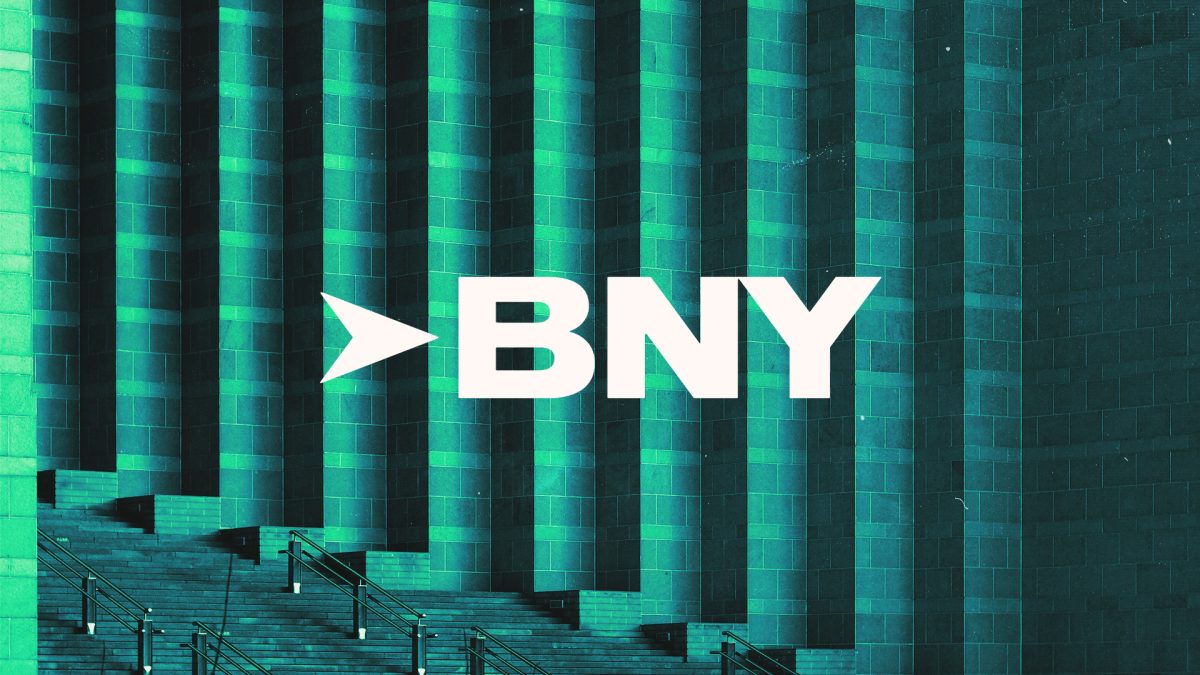BNY Mellon weighs tokenized deposits to address legacy payment constraints: report

Quick Take
- BNY Mellon has reportedly been exploring tokenized deposits to support blockchain payments, as part of a pivot into instant, real-time, and cross-border rails.

The Bank of New York Mellon, the world’s largest custodian by assets under custody, has been assessing tokenized deposits that would allow clients to make payments over blockchain rails as financial intermediaries foray into onchain settlement.
Carl Slabicki, executive platform owner for Treasury Services at the bank, said the move is part of a broader modernization push across real-time, instant, and cross-border payments, Bloomberg reported.
Tokenized deposits are bank-issued, transferable digital coins that represent a claim on commercial bank money. BNY’s treasury services unit processes roughly $2.5 trillion in payments a day and oversees about $55.8 trillion in assets under custody and/or administration. By moving on decentralized ledgers, they can settle transactions near-instantly and operate 24/7, a contrast with legacy correspondent networks.
The effort lands amid a wave of deposit-token pilots by global banks. JPMorgan launched a proof-of-concept for JPMD, a USD deposit token running on Base, in June, while HSBC recently rolled out a tokenized deposit service for corporate clients to facilitate cross-border currency transactions. Messaging network Swift has also been building a blockchain-based shared ledger prototype for real-time cross-border payments.
BNY has been active on digital-asset infrastructure this year. In July, it partnered with Goldman Sachs to maintain tokenized records of money market fund ownership. The step was aimed at improving collateral mobility and settlement.
Today’s news regarding the exploration of deposit tokens points to a complementary path, where onchain cash can move alongside tokenized assets. While timelines were not disclosed, Slabicki suggested tokenized deposits could help banks overcome “legacy technology constraints,” first within their own ecosystems and “eventually” across the broader market as standards mature.
Disclaimer: The Block is an independent media outlet that delivers news, research, and data. As of November 2023, Foresight Ventures is a majority investor of The Block. Foresight Ventures invests in other companies in the crypto space. Crypto exchange Bitget is an anchor LP for Foresight Ventures. The Block continues to operate independently to deliver objective, impactful, and timely information about the crypto industry. Here are our current financial disclosures.
© 2025 The Block. All Rights Reserved. This article is provided for informational purposes only. It is not offered or intended to be used as legal, tax, investment, financial, or other advice.







